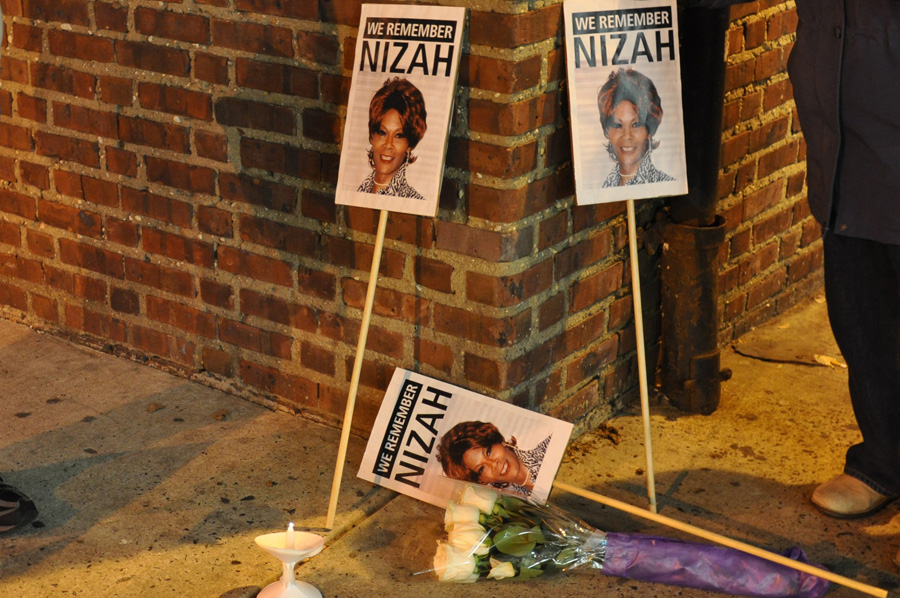The Philadelphia District Attorney’s Office last week released a document pertaining to the Nizah Morris case, and admitted it’s redacted.
It’s the first time since Morris was killed almost 12 years ago that the agency has publicly admitted to releasing a redacted document in the case.
The agency hasn’t specified how much of the document is redacted, nor given a reason for the redaction.
The document in question was initially released by the city’s Police Advisory Commission in 2007. It’s a computer-assisted dispatch record for a vehicle stop by Officer Elizabeth Skala, who was involved in the Morris incident.
The PAC wasn’t able to determine if the document is redacted, though PAC members noted it appears to be missing key information, including police-tracking numbers.
In June, PGN requested from the D.A.’s Office all complete dispatch records for Skala’s vehicle stop.
The D.A.’s Office indicated the PAC document is a complete dispatch record for Skala’s vehicle stop, and on Oct. 1, the state Office of Open Records ordered the agency to release it.
It still remains possible the D.A.’s Office has unredacted dispatch records for Skala’s vehicle stop.
The agency hasn’t yet stated under penalty of perjury that it has looked specifically for unredacted dispatch records pertaining to Skala’s vehicle stop and couldn’t find any.
Over the years, the D.A.’s Office has given conflicting statements about dispatch records in the Morris case.
In a November 2013 email, the agency said: “[A]fter a reasonable search, the District Attorney’s Office is not in possession of any [computer-assisted dispatch] records related to the death of Nizah Morris.”
The agency sent that email even though it had the PAC document that it now admits is redacted and pertains to Skala’s vehicle stop.
Skala initiated the vehicle stop during the early-morning hours of Dec. 22, 2002, while she was still assigned to handle Morris, who was extremely inebriated.
Shortly before the vehicle stop, Skala gave Morris a Center City “courtesy ride.” Minutes after the ride, the transwoman was found with blunt-force trauma to her head.
Morris died two days later, and her homicide remains unsolved.
Skala ticketed a motorist at 13th and Filbert streets rather than responding to Morris at 16th and Walnut streets, where she was in critical condition due to a head injury.
It’s believed that complete dispatch records for Skala’s vehicle stop could help explain why Morris wasn’t promptly transported to a hospital.
By the time medics took Morris to a hospital — an hour after the first 911 call — she was brain dead.
Complete dispatch records also could help explain why none of the officers who responded to Morris documented the courtesy ride in their patrol-activity log, or by writing a report.
The D.A.’s Office says it’s actively investigating the Morris case. But advocates for Morris say the agency is engaged in a cover-up.
They want state Attorney General Kathleen G. Kane to investigate. But so far, Kane hasn’t agreed to do so.
Last year, the PAC recommended state and federal probes of the Morris case, citing an “appalling” local investigation.
